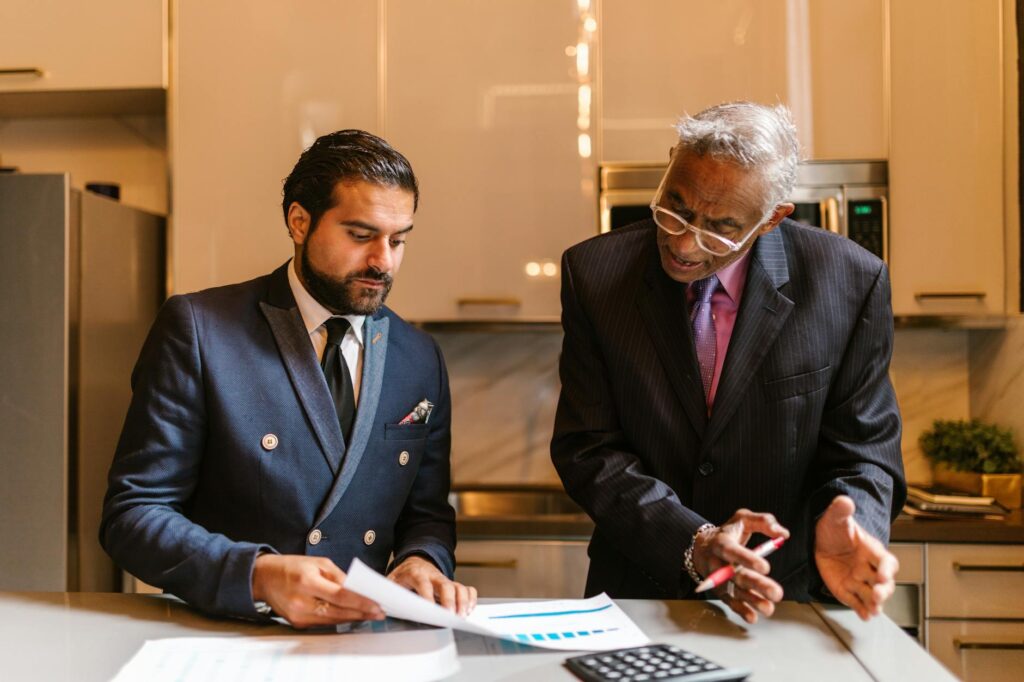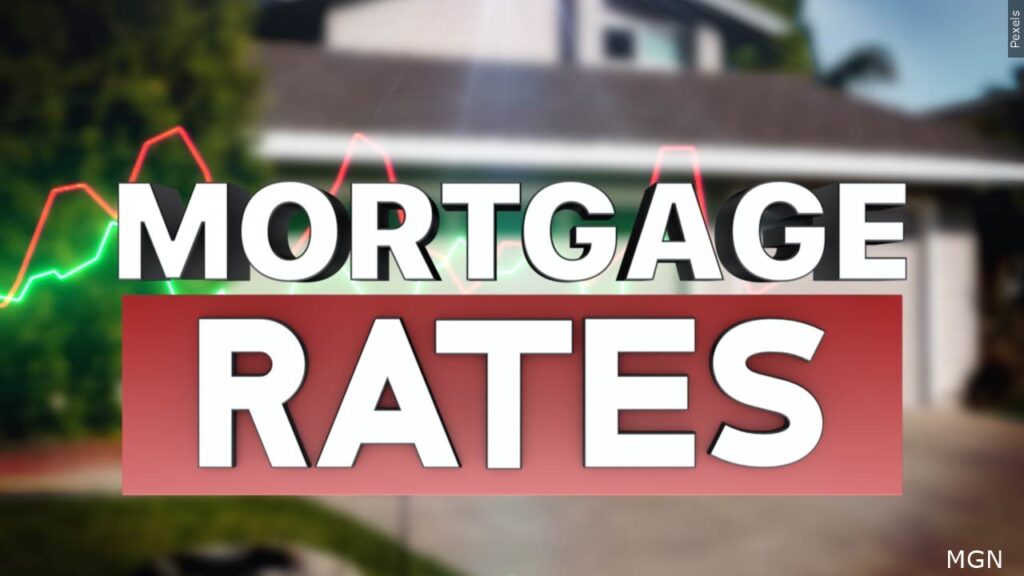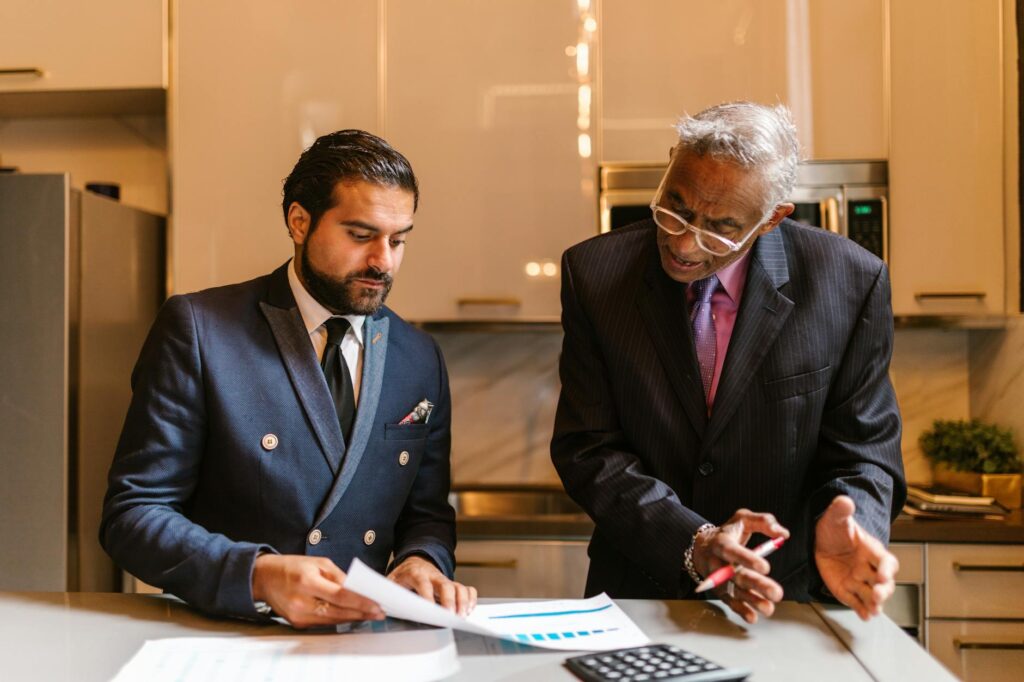Finding the right financial advisor can feel like searching for a needle in a haystack. But don’t worry, this guide will help you navigate the process and find a great advisor near you. Let’s explore what to look for and how to make an informed decision.
Understanding Your Financial Needs
Before you start your search, take some time to reflect on your current financial situation and future goals. What are your short-term and long-term objectives? Are you saving for retirement, a down payment on a house, or your child’s education? Defining these goals will help you find an advisor who specializes in the areas most relevant to you. Consider keeping a detailed record of your income, expenses, assets and debts so you can share the information effectively with the advisor. 
Defining Your Advisor’s Role
Financial advisors can wear many hats, offering services like investment management, retirement planning, tax optimization, and estate planning. Some focus on specific client profiles, such as high-net-worth individuals, while others cater to a broader range of clients. Determining your needs in this area is crucial in finding the right fit. You might be surprised by how much you need professional financial guidance. A great advisor will not only manage your finances for you but also teach you how to better manage them in the future.
Choosing the Right Type of Advisor
There are several types of financial advisors to consider, each with its own qualifications, fees, and service offerings. Some popular choices include Fee-Only advisors, who are paid solely by their clients, and Fee-Based advisors, who charge fees for some services and may also earn commissions on the sale of products. Learn more about the differences between advisor types to help you make an informed choice. [IMAGE_2_HERE]
Vetting Potential Advisors
Once you’ve narrowed your search, it’s time to vet potential advisors. Check their credentials, certifications, and licenses. Look for advisors who are registered with the relevant regulatory bodies, such as the SEC or FINRA. Don’t hesitate to also verify their background; there are free resources available online which can give you insights into their professional history.
Checking References and Reviews
Don’t hesitate to ask for references and check online reviews. Speaking to previous clients can provide valuable insights into their experience. Websites like Yelp and Google My Business can offer some initial feedback, but be cautious and read a broad range of reviews. Always take the time to contact references provided by the advisor directly; this helps verify the integrity of the feedback given. [IMAGE_3_HERE]
The Initial Consultation
Schedule initial consultations with a few advisors before making a decision. These meetings are an opportunity to ask questions, discuss your financial goals, and assess their compatibility with your needs and personality. During this meeting, it is always good to get the advisor to explain their fee structure upfront, especially if this is not already stated on their website or in other materials.
Building a Long-Term Relationship
Finding a financial advisor is about more than just short-term solutions; it’s about building a lasting relationship based on trust and mutual understanding. Choose an advisor who communicates clearly, is responsive to your questions, and regularly updates you on your financial progress. Think of your advisor as a partner in your financial journey, there to guide and support you as you grow.
Ongoing Communication and Review
Remember, even after selecting an advisor, consistent communication and review is essential. Schedule regular meetings to discuss your progress, make necessary adjustments, and proactively adapt your financial strategy to changes in your life or the broader economic landscape. A good advisor will regularly contact you as well, to discuss any updates or important matters that may affect your portfolio. Here are some tips for effective communication with your financial advisor.
Finding the right financial advisor is an investment in your future. By taking the time to follow these steps, you can increase your chances of finding a qualified and reliable professional to guide you on your path to financial success. Remember, it’s okay to take your time in finding the right fit for your individual needs. Don’t be afraid to ask questions and seek multiple perspectives before making a decision. [IMAGE_4_HERE]
Frequently Asked Questions
What qualifications should I look for in a financial advisor? Look for certifications like CFP (Certified Financial Planner) or CFA (Chartered Financial Analyst), and ensure they are registered with the appropriate regulatory bodies.
How much does a financial advisor typically cost? Fees vary widely depending on the advisor’s services and fee structure. Some charge hourly rates, while others charge a percentage of assets under management.
How often should I meet with my financial advisor? The frequency of meetings depends on your individual needs and goals. However, at least one meeting per year is generally recommended for regular review and adjustment of your financial plan.
What questions should I ask a potential advisor? Inquire about their experience, investment philosophy, fee structure, and how they manage potential conflicts of interest. Learn more about asking effective questions.
What if I’m not happy with my current advisor? Don’t hesitate to switch advisors if you feel you are not a good fit. Openly discuss your concerns with your current advisor first; they may be able to address your concerns, however if you are unhappy, it is okay to start the search process all over again.



